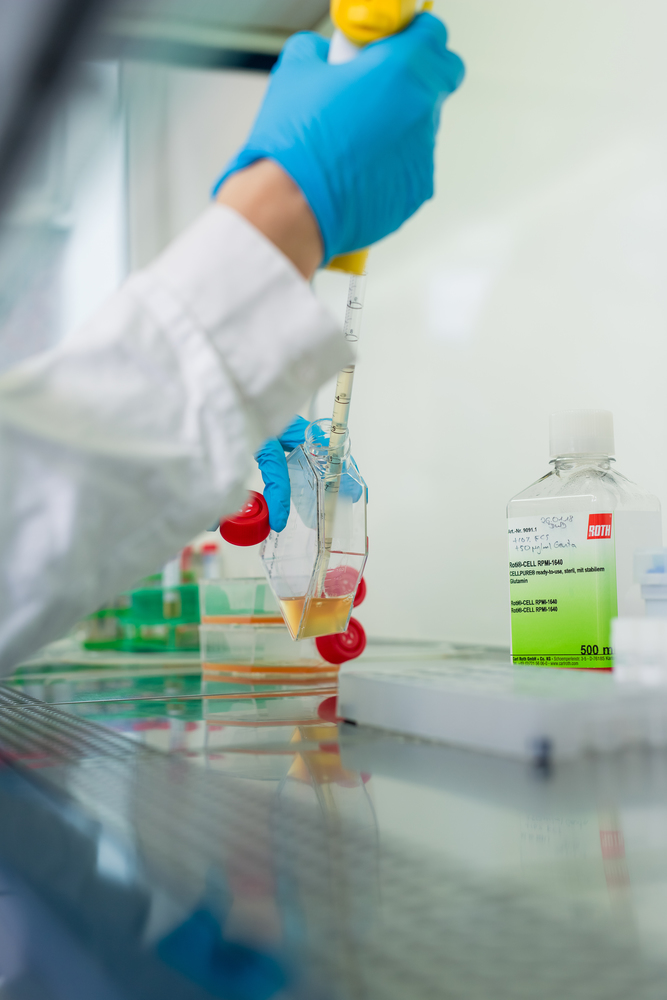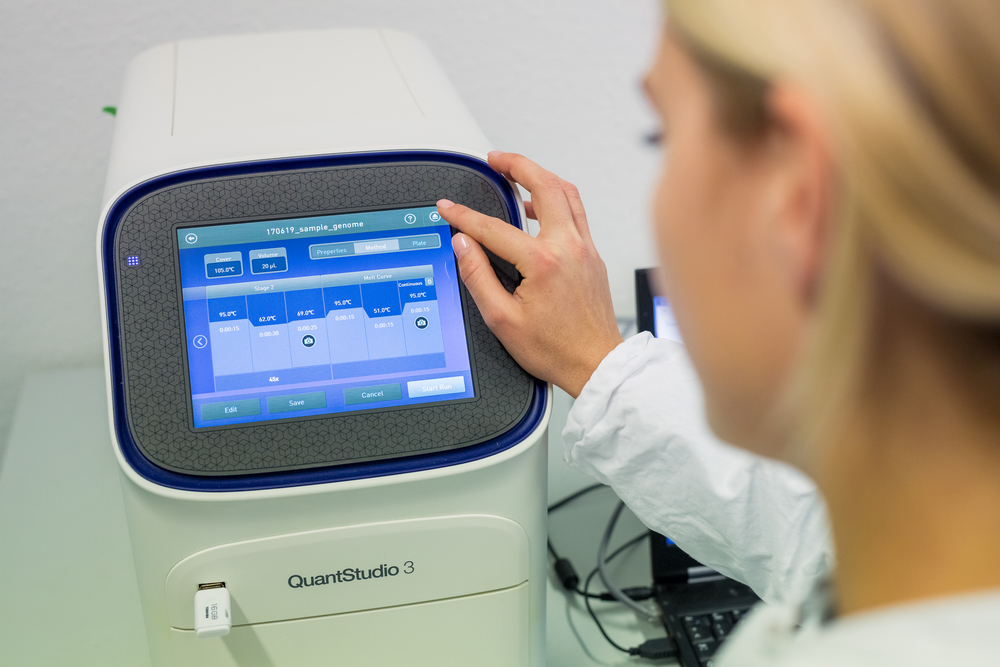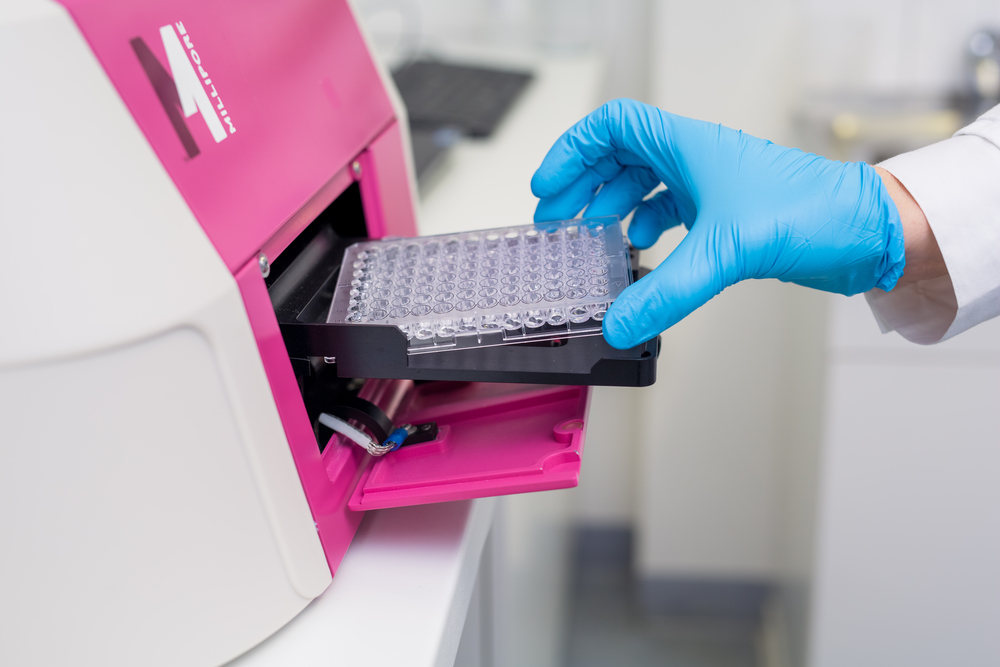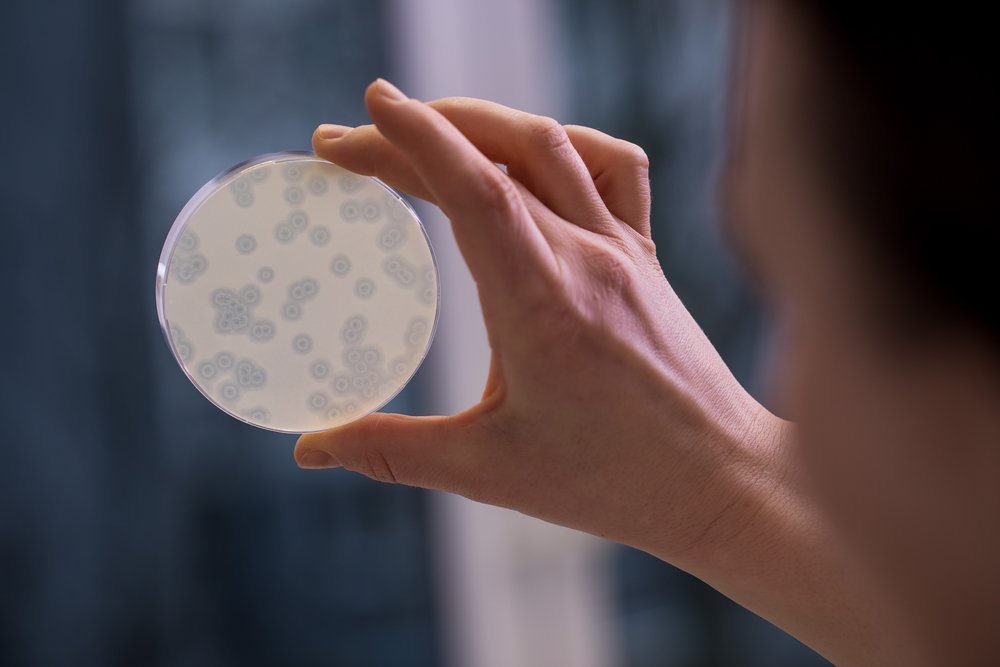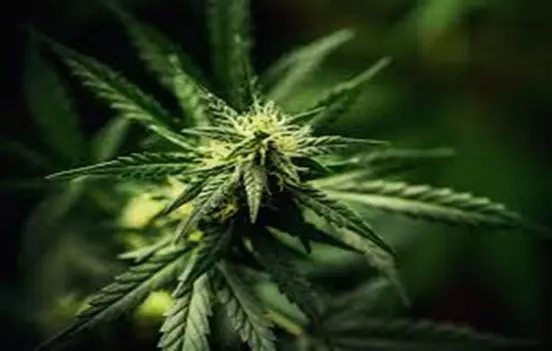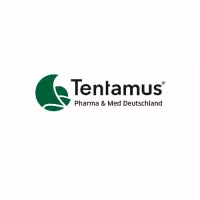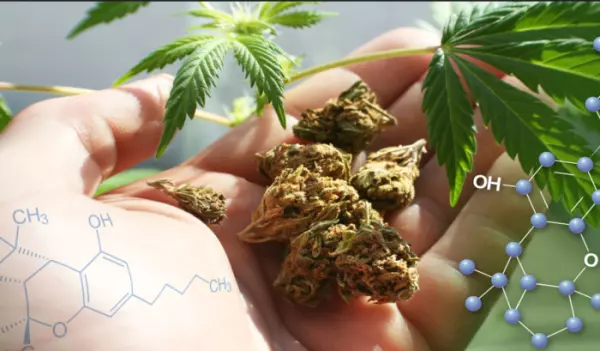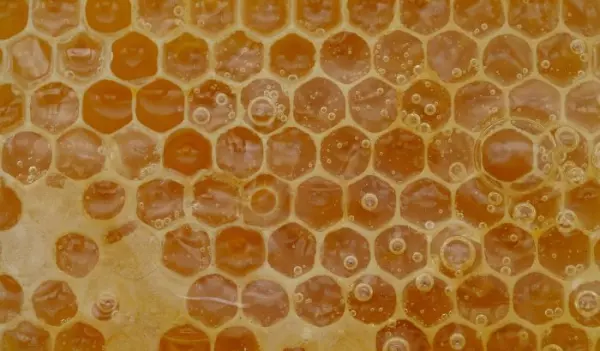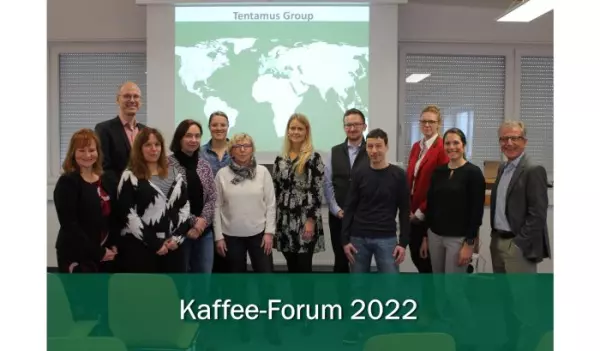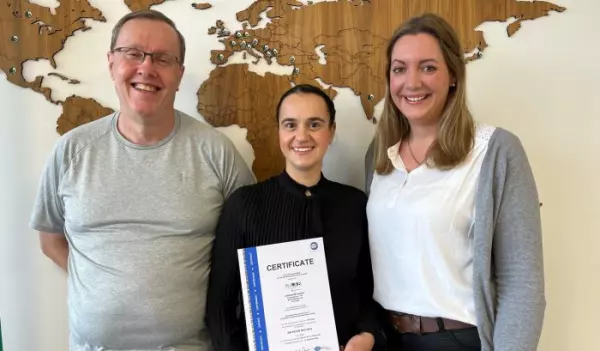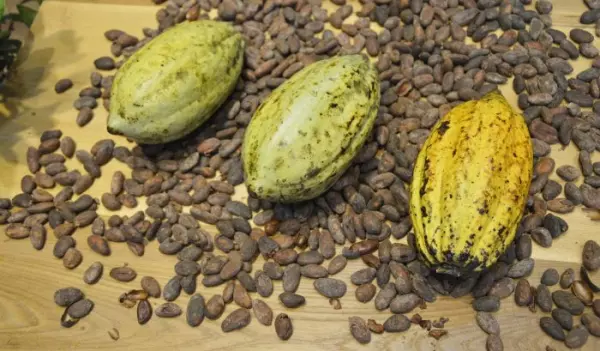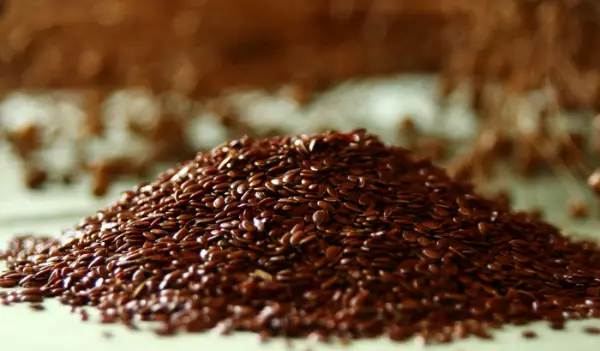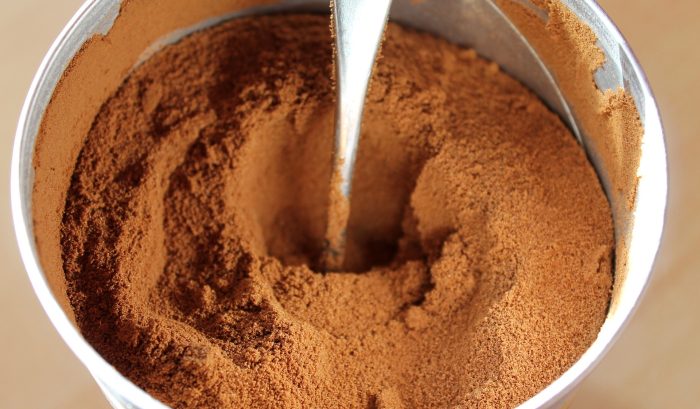
The authenticity of food is increasingly becoming the focus of the food industry and surveillance. The proof of an authentic food is provided by a combination of different measures such as documentation along the supply chain, audits, risk analysis, avoidance strategies, but also by specific chemical analysis of products.
For soluble coffee ("instant coffee") there is a statement by AFCASOLE from 1995 and the international standard "ISO 24114" from 2011, which defines criteria for authentic products:
These limit values were derived from the multi-year examination of over 1000 different samples, covering a wide range of origins, qualities and manufacturing processes. The idea of the study is that coffee contains no maltose (consisting of two glucose molecules and is mainly found in cereals and potatoes) and only small traces of xylose (mainly found in seedlings and wood). A positive detection of one or more of these sugars thus suggests the admixture of plant extracts.
The detection is carried out using the standardized method ISO 11292 from 1995. The analysis is carried out after the hydrolysis of the instant coffee using a rather complex HPAEC-PAD technique (high-performance anion exchange chromatography with a pulsed amperometric detector).
We are pleased to inform you that we can offer you this analysis route-wise (as one of the few laboratories worldwide!). This completes our large portfolio of analyzes for raw, roasted and extract coffee, as well as coffee products.
Please do not hesitate to contact us with any questions or for an offer - we look forward to actively supporting your company!
Email: info.qsi@tentamus.com
Phone: +49 (0) 421-596607-0
contact form



